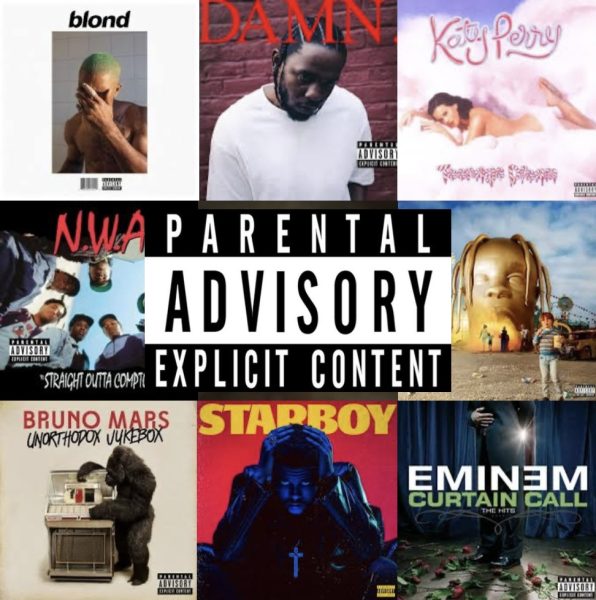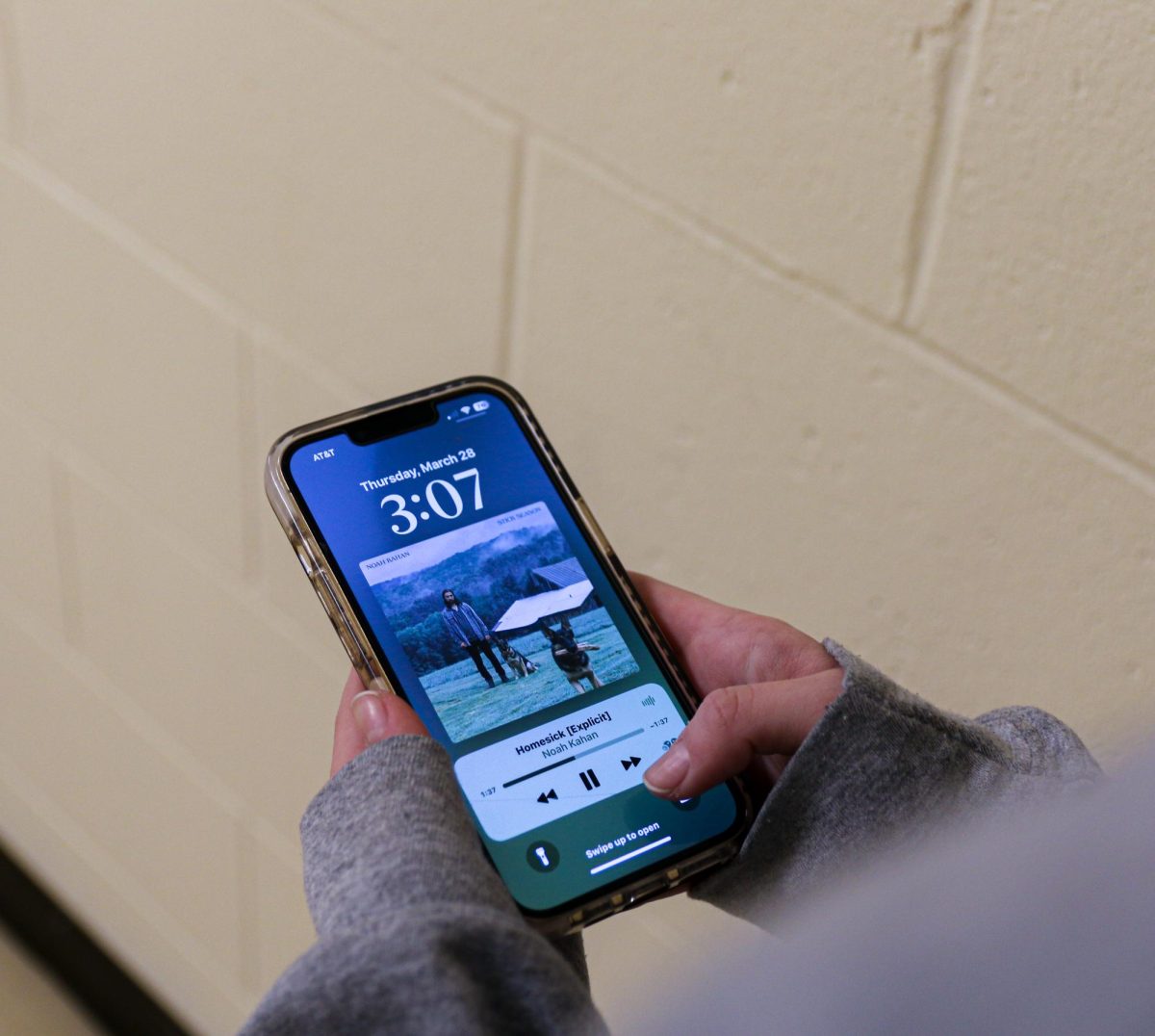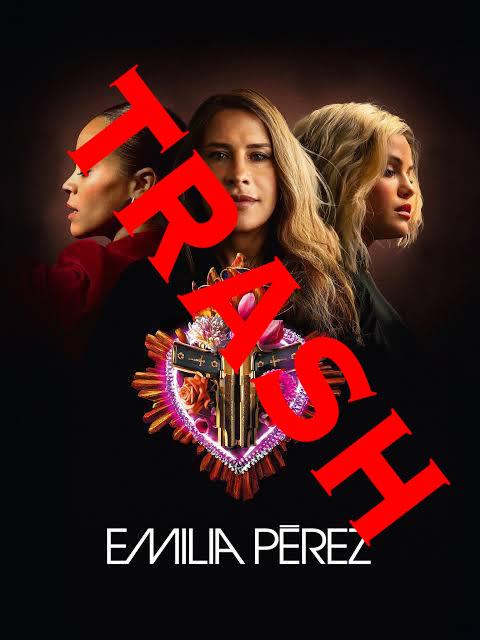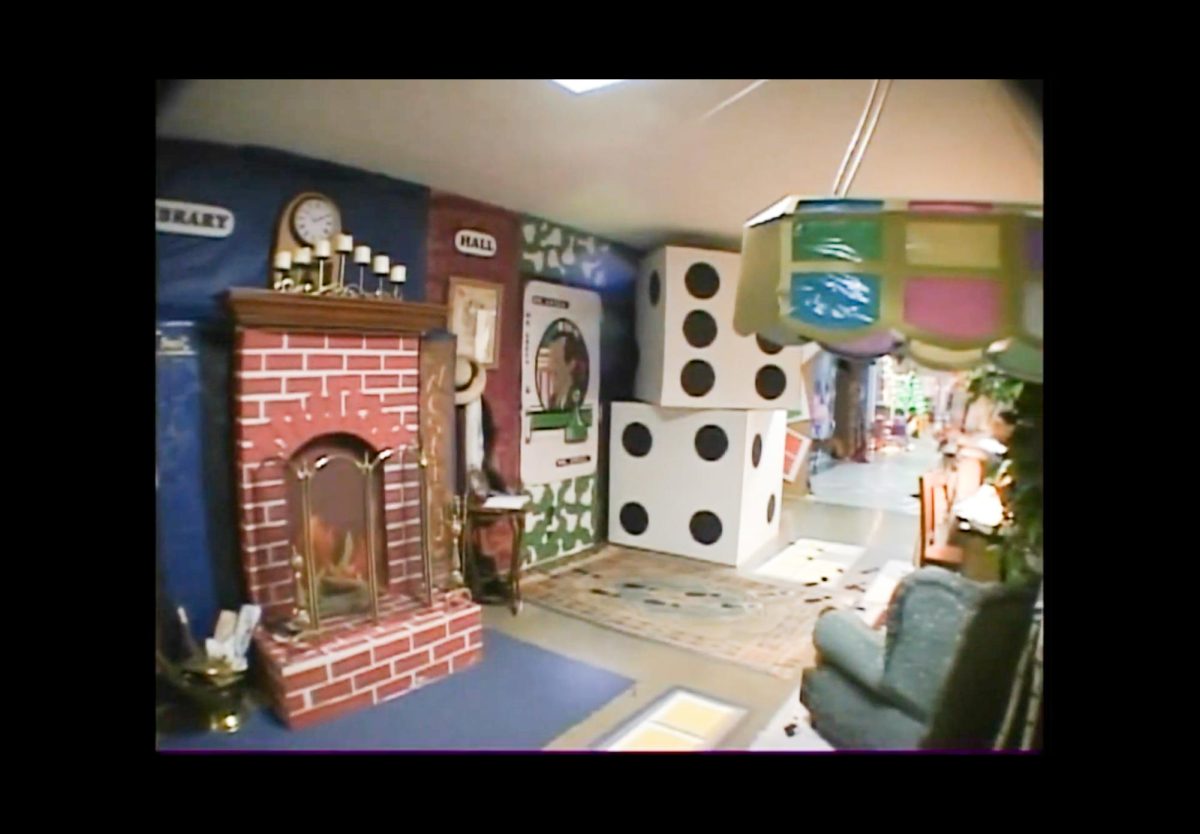I’ll never forget the look on the chaperones’ faces when, at my freshman homecoming, the DJ played Mo Bamba. It didn’t matter that it was the clean version–everyone who knew the original lyrics was yelling them as loud as they could. The chaperones sat there with wide eyes and stunned faces, wondering when music had changed from the songs played by live bands at their homecomings twenty years ago to the explicit content blasted by DJs now.
Explicit music is topping the charts, which leads to the majority of music teenagers are exposed to containing explicit language. A survey done of Westminster students from grades 7 to 12 found that over ⅓ of students’ top songs of 2023 were explicit, with some of the most common songs including “FE!N” by Travis Scott and a multitude of songs by Drake, both artists known for their violent and obscene lyrics.
When did music begin to lean in this direction? At what point did we stop caring about what was permissible? Obviously such songs are still kept off the radio, but they are prevalent in public settings, and songs with explicit lyrics are commonly known by teenagers.
Toward the end of the 1960s, explicit songs became more prevalent, although they were banned from the air. The majority of banned songs consisted of suspected promotion of drug use, such as “Puff the Magic Dragon” and “Lucy in the Sky with Diamonds”. One song in particular that turned heads upon its release in 1969 was “Kick Out the Jams” by MC5, which peaked at #82 on the Billboard Hot 100. The opening line, “Kick out the jams, mother—-ers!”, led to some stores refusing to stock the entire album.
Hudson’s, a department store chain based in Detroit, refused to stock the Kick Out the Jams album because of its obscenity. In response, MC5 took out a full-page advertisement in an underground magazine that said “Stick Alive with the MC5, and [expletive] Hudson’s!”. Hudson’s promptly removed all records from MC5’s label, Elektra Records, from their stores. Elektra then dropped MC5 from their contract.
Although the language in “Kick Out the Jams” is similar to music found in songs today, the public reaction in 1969 was vastly different from the reaction we have when we hear explicit language in music today. No store or streaming platform would dare remove an explicit song from their library in 2024, regardless of the severity of the language.
The beginning of the 70s brought songs from the reggae and ska artist Judge Dread, whose first hit single, “Big Six”, reached #11 on the UK Singles Chart when it was released in 1972. Some lyrics that led to the ban consist of content such as “Black [expletive], white [expletive], pink [expletive], blue / […] / Smokin’ the weed”.
Despite being banned from playing on the radio, “Big Six” reached #11 on the UK Singles Chart and spent six months on the chart, and over 300,000 copies of the song were sold. Judge Dread was also avoided by the press because of his lewd lyrics, despite having 11 UK chart hits.
Unlike artists such as Judge Dread, the language in contemporary artists’ songs has no impact on the attention they receive from the media because society has become more lenient with the amount of exposure given to artists who release explicit songs.

Many people view the 80s as when explicit language in songs became more common, which seems to come hand in hand with the rise of genres such as rap and hip-hop. Recognized as one of the most influential hip-hop groups, N.W.A. released their hit song “Straight Outta Compton” in 1988.
It peaked at #37 on the Billboard 200, but consisting of such lyrics as “Straight outta Compton, another crazy [expletive] [expletive] / More punks I smoke, yo, my rep gets bigger / I’m a bad [expletive] and you know this / But the [expletive] [expletive] [expletive] don’t show this”, there was no chance of this song receiving radio airplay.
However, their album of the same name earned a letter of complaint from the FBI. Milt Ahlerich, the FBI’s assistant director for public affairs, wrote, “A song recorded by the rap group NWA […] encouraged violence against and disrespect to the law enforcement officer […] Advocating violence and assault is wrong, and we in the law enforcement community take exception to such action.”
This letter was most likely in response to “[Expletive] Tha Police”, another song from the album Straight Outta Compton. The song, and many others by NWA, promotes violent actions regarding law enforcement. However, songs that do the same today are at little risk of receiving a similar letter.
The truth is, music hasn’t changed–censorship has. The music industry has always had its fair share of explicit songs and lyrics, but those songs were banned and kept off the radio, ending up in the underground music scene and seen as signs of rebellion and controversy. While the rise of music streaming platforms enabled artists to release explicit music and listeners to stream it, music was beginning to break free of its chains of censorship long before explicit songs could be played in public.
Without the heavy censorship of explicit songs, people have become exposed to content that has always been present in the music industry. Next time your grandpa tries to tell you that “music wasn’t like this when I was your age”, remember that he and many others his age were protected by censorship.









